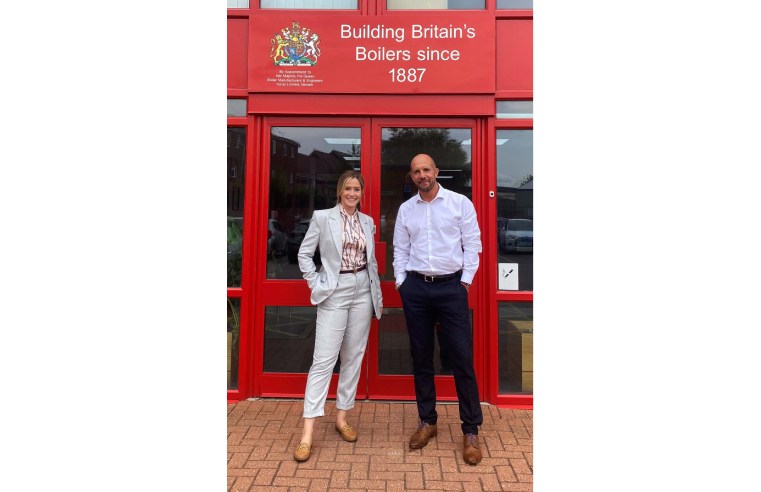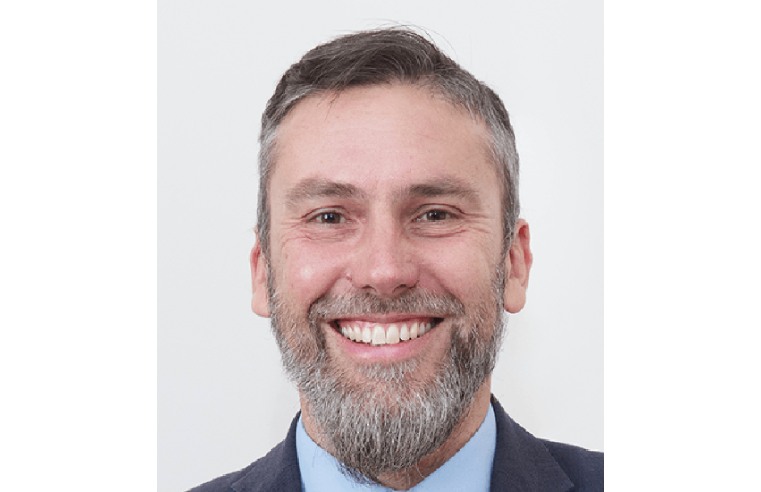The Sustainable Facilities Management Index (SFMI) has awarded VINCI Facilities with a platinum certificate in the SFMI 2020 E-Awards.
Platinum certificates, the highest accolade SFMI bestow, was awarded to four FM service providers: VINCI Facilities, ENGIE, Bouygues Energies & Services, and Skanska.
VINCI was recognised for its high sustainability performance over continuous years and its ability to demonstrate a strongly embedded sustainability culture.
Run by sustainability consultancy Acclaro Advisory, the SFMI is the only sustainability benchmark for the UK FM sector. Now in its eighth year, the SFMI judges the environmental, social and governance (ESG) performance of FM service providers annually. Acclaro’s team conducts independent assessments across 23 criteria, including sustainability frameworks, management systems, social value, energy, water, compliance, health & safety, employee development, diversity and more. The SFMI grades the organisations assessed each year, awarding the top performers with a platinum, gold or silver certificate.
2020 was an unprecedented year. The pandemic dealt UK PLC a harsh blow, forcing organisations to lean on facilities managers and FM service providers to guide them through the crisis. The SFMI audits revealed that sustainability remains high on the sector’s agenda, while the pandemic has encouraged FM organisations to prioritise wellbeing, health and safety, lockdown management and social value.
The findings from the 2020 assessments suggest that while progress has been made, the industry has some clear areas to focus on:
•The C-suite was primarily responsible for driving sustainability through regulations, commercial opportunities and greater customer alignment. However, organisations have yet to realise the full potential of commercialising sustainability.
•The pandemic catapulted areas such as wellbeing, health and safety, social value and lockdown management to the top of the business agenda.
•FM service providers developed and integrated social value frameworks at the corporate level, driven by the growing emphasis on social value within public sector contracts and government frameworks. The UK government recently launched the Procurement Policy Note 06/20, a new model outlining its social value criteria for the first time. However, integrating and embedding social value and capturing data that demonstrates its benefits remains a significant challenge.
•In the first stage of a zero carbon journey, a strong contingent within the FM sector is now pushing to decarbonise fleet emissions. In 2020, leading businesses were either developing strategies to decarbonise, making plans to invest in the process or actioning their strategy.
•Leaders in FM have either published or are planning to publish zero carbon plans in early 2021. But these organisations must do more to measure supply chain emissions as well as the impact they have on their customer’s zero carbon efforts.
•There was a shift toward the use of integrated workplace management systems. New mobile apps do everything from providing staff access to sustainability-related systems and online training programmes to capturing data from sensors to create value for customers.
•By aligning procurement with values based on a responsible business culture, client organisations can develop a more strategic, higher-value approach to sustainability.
•To transform sustainability in FM, organisations must aim to develop a new responsible business model that permeates through their culture, teams and systems.
Chris Havers, Programme Director of the SFMI for Acclaro Advisory, said: “We would like to congratulate our four platinum certificate recipients. It has been an incredibly difficult year for the FM sector and this achievement is testament to the growing commitment to sustainable FM within these organisations.
“In 2020, we have seen the FM industry’s status grow. FM has navigated organisations in the public and private sector through the pandemic and is now playing a pivotal role in designing post-pandemic workplaces. Service providers have an opportunity to truly establish themselves as progressive, responsible businesses that can work in partnership with customers to transform their sustainable outcomes. Their aim should be to create new business models that incorporate a sustainable business culture, sustainably led technology solutions and a fully trained and engaged workforce.
“The pandemic, together with climate change, rising economic inequality, and a growing social justice movement, represents the perfect storm for FM to establish its position as a change agent.”
This year’s results can be found in the ‘SFMI 2020 Summary Report’.



































